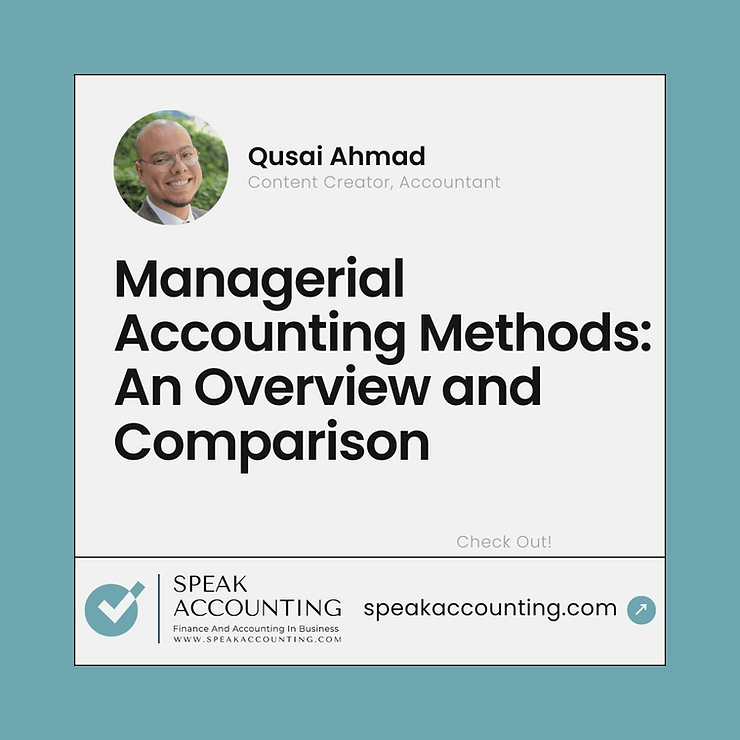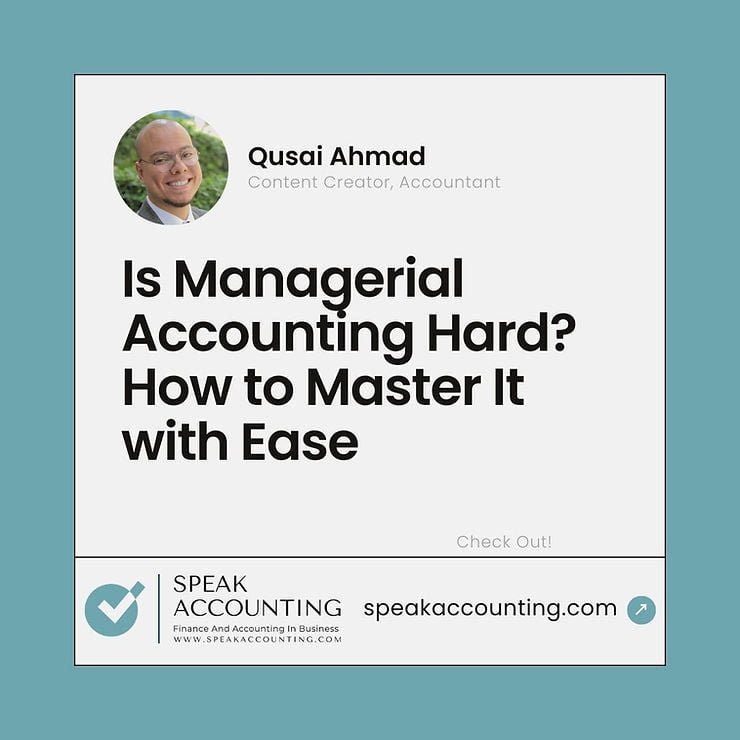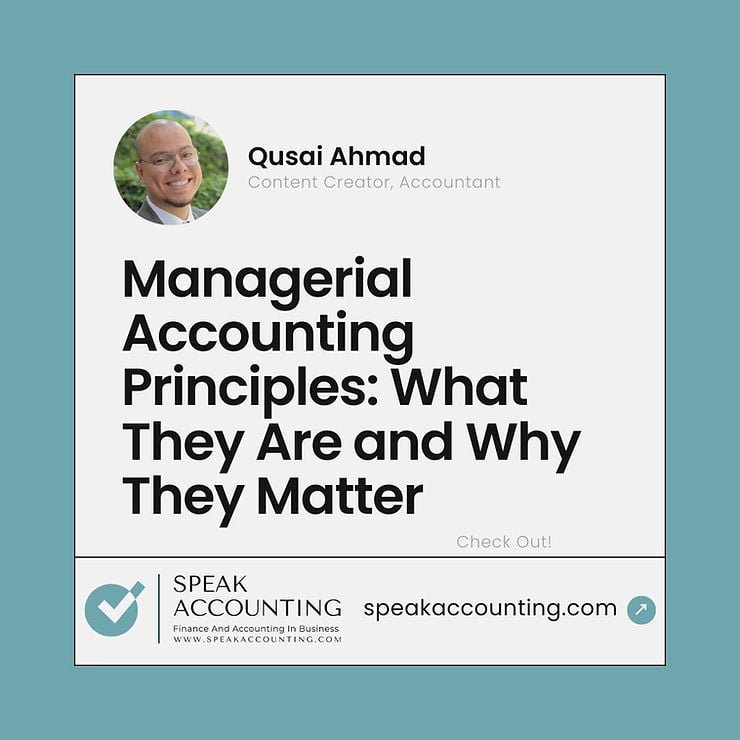Introduction
Understanding the various managerial accounting methods is crucial for effective financial management. In this blog post, we will delve into the main types and categories of managerial accounting methods, exploring their features, advantages, disadvantages, and real-world applications.
Types and Categories of Managerial Accounting Methods:
Traditional Managerial Accounting Methods:
Traditional methods are rooted in historical practices, assuming that costs are mainly driven by the volume or quantity of output or activity. Key methods include:
- Job Order Costing:
Utilizes actual or estimated costs for each job or order.
Requires a job cost sheet for detailed cost tracking.
Ideal for businesses with custom projects. - Process Costing:
Uses average or standard costs for processes or departments.
Provides a simple and efficient approach for mass production.
Calculates cost per unit by dividing total cost by equivalent units. - Standard Costing:
Relies on predetermined or budgeted costs for products or services.
Compares actual costs with standards, calculating variances.
Promotes consistency and reliability but may lack flexibility.
Modern Managerial Accounting Methods:
Modern methods embrace contemporary practices, assuming that costs are influenced by the complexity or diversity of output or activity. Noteworthy methods include:
- Activity-Based Costing (ABC):
Uses multiple overhead rates for each product or service.
Identifies and assigns costs based on various cost drivers.
Enhances accuracy but may be costly to implement. - Lean Accounting:
Focuses on value or benefit-based costs.
Eliminates non-value-added activities for efficiency.
Customer-oriented and quality-focused, but challenging to implement. - Throughput Accounting:
Utilizes contribution or margin-based costs.
Maximizes throughput with available capacity.
Profitable but may be restrictive and challenging.
Features and Characteristics:
Explore the features and characteristics of each managerial accounting method:
Job Order Costing:
- Tracks costs for each job separately.
- Requires detailed job cost sheets.
- Accurate but complex and time-consuming.
Process Costing:
- Efficient for mass production.
- Provides consistent cost per unit.
- May lack detailed cost tracking.
Standard Costing:
- Promotes consistency and reliability.
- Compares actual costs with standards.
- May be rigid and inflexible.
Activity-Based Costing:
- Provides realistic and relevant information.
- Identifies cost drivers for accurate allocation.
- Costly and complex to implement.
Lean Accounting:
- Focuses on customer satisfaction and efficiency.
- Eliminates non-value-added activities.
- Radical and challenging to implement.
Throughput Accounting:
- Maximizes profitability and sustainability.
- Focuses on optimizing throughput.
- May be restrictive and requires coordination.
Advantages and Disadvantages:
Job Order Costing:
Advantages:
- Accurate information for each job.
- Facilitates cost tracking and control.
Disadvantages:
- Complex and time-consuming.
- May not be suitable for mass production.
Process Costing:
Advantages:
- Simple and efficient implementation.
- Suitable for mass production.
Disadvantages:
- Provides aggregated information.
- May not reflect actual costs for each product.
Standard Costing:
Advantages:
- Consistent and reliable information.
- Facilitates performance evaluation.
Disadvantages:
- Rigid and inflexible to changes.
- May create unrealistic standards.
Activity-Based Costing:
Advantages:
- Realistic and relevant information.
- Improves accuracy of cost allocation.
Disadvantages:
- Costly and complicated implementation.
- May not be compatible with external reporting.
Lean Accounting:
Advantages:
- Customer-oriented and quality-focused.
- Enhances continuous improvement.
Disadvantages:
- Radical and challenging to implement.
- May not align with traditional methods.
Throughput Accounting:
Advantages:
- Provides profitable information.
- Maximizes resource utilization.
Disadvantages:
- Restrictive and challenging to implement.
- May not consider quality or customer satisfaction.
Examples and Applications:
Explore practical applications of managerial accounting methods:
Job Order Costing:
Example: Construction Company
Application: Tracks costs for custom house projects using job order costing, aiding in pricing and profitability determination.
Process Costing:
Example: Food Processing Company
Application: Utilizes process costing for producing identical loaves of bread, ensuring consistent cost per unit.
Conclusion
Understanding the nuances of managerial accounting methods empowers businesses to make informed financial decisions. Whether opting for traditional or modern approaches, each method comes with its own set of advantages and disadvantages. Choosing the right method depends on the specific needs and characteristics of the business.




